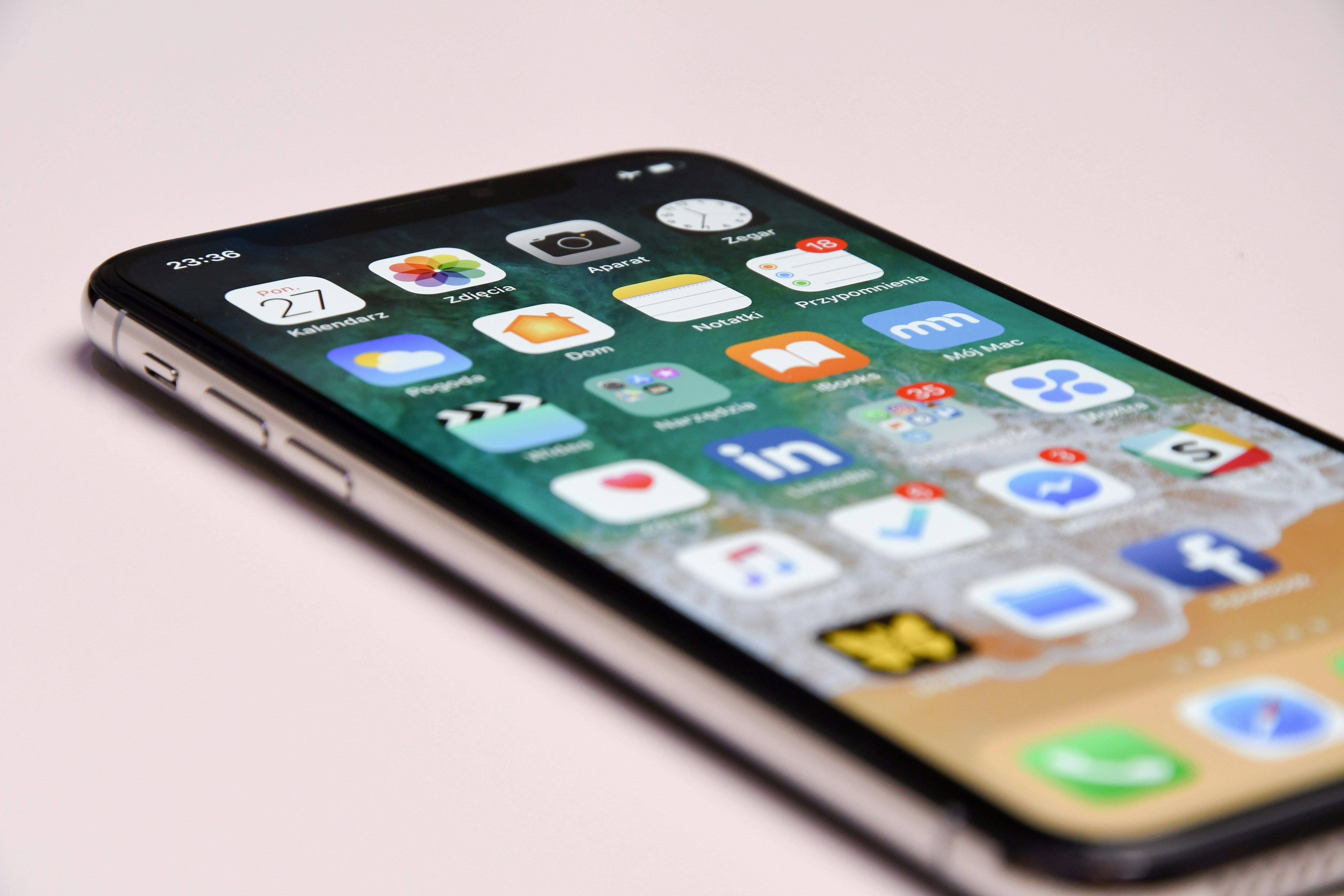Last November, the federal government passed legislation introducing an under-16 social media ban, set to come into effect on 10 December this year. The aim is to protect young people from the negative impacts of social media on their mental health and wellbeing. On the surface, this might seem like a reasonable measure: protecting young people from harmful content and giving them space to grow up without the pressures of online life. But as someone who has grown up immersed in digital culture, I believe this blanket ban is misguided.
While I understand the concerns behind it, banning social media for under-16s oversimplifies the problem and risks creating more issues than it solves.
Natalie wrote for the YACVic blog in February, highlighting that “In October 2024, I attended a consultation on a social media ban for under 16s, when early drafts aimed to punish social media companies to make their platforms safer for young people, rather than a concrete ban.
An MP told us that it didn’t matter that ‘we know that these restrictions won’t stop young people from accessing social media,’ because that wasn’t the goal. But plans changed.”
Social media is not inherently harmful.
For many young people, it is an essential tool for communication, self-expression, and connection. Friendships today often span schools, suburbs, or even countries, and social media makes those bonds possible. Cutting off access ignores the benefits these platforms provide. They can be a source of support, creativity, and even education.
Treating social media as a dangerous, uncontrollable space for anyone under 16 feels less like protection and more like punishment for curiosity.
Part of my concern comes from the way this ban frames responsibility. By imposing a blanket restriction, the government shifts the burden from tech companies to young people themselves. Big tech profits enormously from young users through algorithms that encourage addictive behaviour and harmful content. A ban lets these companies off the hook, avoiding accountability. Meanwhile, young people are the ones being restricted, rather than the platforms being regulated to be safer for all.
I also worry about how this ban will be enforced.
Age verification is a massive challenge. Few people are comfortable uploading identification to prove age, and sharing personal data with tech companies carries serious privacy risks. Facial verification has already proven inaccurate and easily manipulated. Without reliable, privacy-respecting methods, the ban could push young people towards risky workarounds, undermining its purpose.
If the ban goes ahead, it must be implemented in a way that minimises harm and protects privacy. Any verification process should be secure, transparent, and independent—avoiding the need for sensitive personal information to be stored by platforms. Governments could explore privacy-preserving verification tools, while platforms themselves must be held accountable for enforcing safety features consistently, not just hiding behind age restrictions.
Bans alone won’t protect young people. Education is key.
Just as schools teach road safety, digital literacy should be a core part of the curriculum. Children need the skills to recognise harmful content, manage their wellbeing, and navigate online spaces safely. Educated users are empowered users, and the focus should be on skill-building rather than blanket restriction.
Stronger regulation of platforms is also essential. Companies should be required to moderate harmful content, improve reporting tools, and redesign features that fuel addictive behaviour. Mental health resources should be embedded into platforms, giving young people immediate support when they encounter harmful content or interactions.
In conclusion, while the intention behind the under-16 social media ban is understandable, a blanket restriction is a blunt instrument for a complex issue. Social media is not inherently harmful, and cutting off access ignores the positive role it plays in young lives.
Instead of scapegoating young users, we should hold tech companies accountable, build digital literacy, and pursue alternatives.
If the ban is implemented, it must be done carefully, with privacy-respecting verification, stronger safety regulation, and a commitment to education. Young people should not be punished for a problem created by corporations that profit from their engagement. Social media should be safe for everyone, not just those over 16.
Ultimately, the focus should not be on banning social media, but on making it safe, responsible, and enriching for all users. By shaping platforms responsibly, we can protect young people without taking away the valuable tools they use to communicate, learn, and express themselves.




